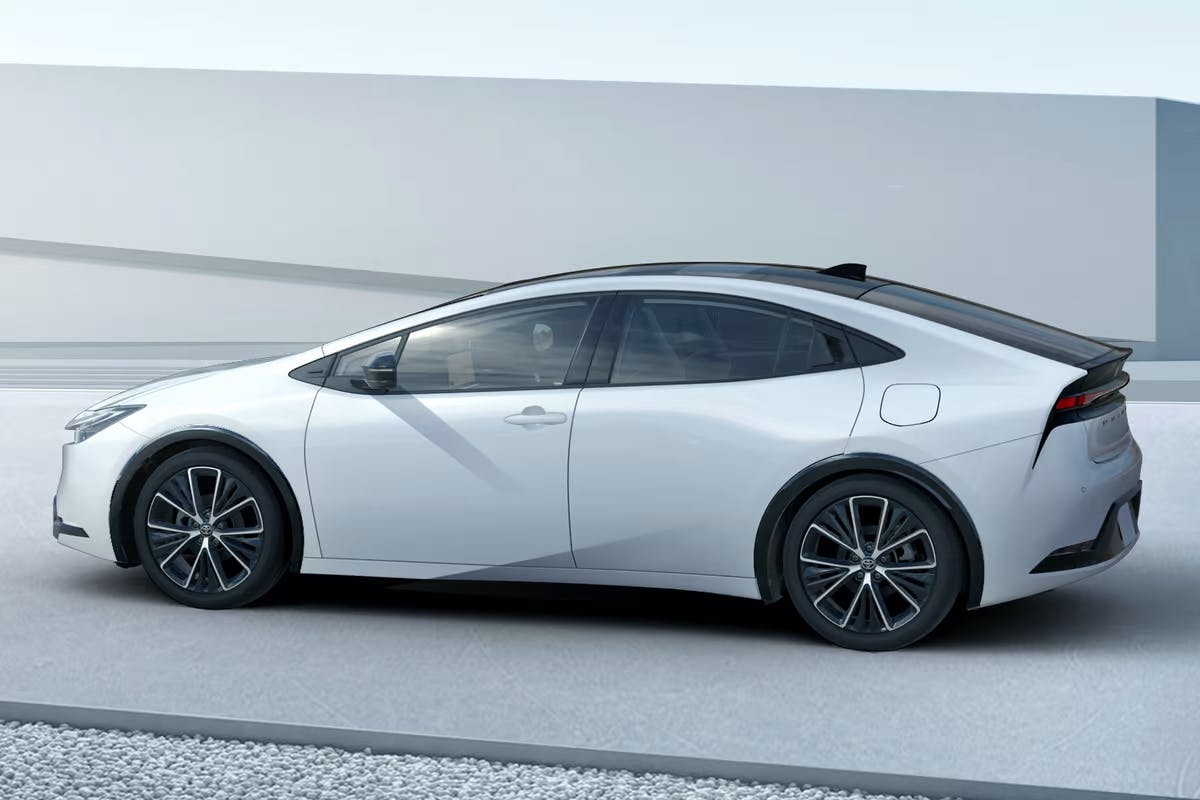
How Long Do Hybrid Car Batteries Last?
Hybrid cars have become increasingly popular due to their impressive fuel efficiency and reduced environmental impact. A key component of these vehicles is the hybrid battery, which works in tandem with the internal combustion engine to optimize performance. However, one of the most common questions potential hybrid car buyers ask is: "What's the average life of a hybrid car's battery?"
Understanding Hybrid Batteries
Hybrid cars use a combination of a traditional gasoline engine and an electric battery. The battery assists the engine, reduces fuel consumption, and can power the car at low speeds or during idling. There are different types of hybrid batteries, with the most common being Nickel-Metal Hydride (NiMH) and Lithium-Ion (Li-ion) batteries.
Average Life Span
The average life of a hybrid car's battery can vary depending on several factors, including the type of battery, the make and model of the vehicle, driving habits, and environmental conditions. However, on average, hybrid car batteries are designed to last between 8 to 10 years or approximately 100,000 to 150,000 miles.
Factors Affecting Battery Life
- Type of Battery:
- NiMH Batteries: Typically found in older hybrids, these batteries have a solid track record and can last 8 to 10 years.
- Li-ion Batteries: Used in newer hybrid models, these batteries are lighter and more efficient, with a lifespan similar to NiMH batteries but sometimes extending slightly longer due to better energy density and thermal management.
- Make and Model:
- Different manufacturers have different designs and technologies that can affect battery longevity. For example, Toyota and Honda hybrids have been known for their reliable battery life.
- Driving Habits:
- Aggressive driving, frequent short trips, and excessive idling can strain the battery more than moderate, steady driving patterns. Consistent, long-distance driving tends to be less taxing on hybrid batteries.
- Environmental Conditions:
- Extreme temperatures, both hot and cold, can impact battery health. Batteries tend to degrade faster in very hot climates. However, modern hybrid systems often include temperature management systems to mitigate these effects.
Maintenance and Replacement
Proper maintenance can extend the life of a hybrid battery. Regular servicing according to the manufacturer's guidelines, keeping the cooling system in good working order, and ensuring the battery is not exposed to extreme temperatures can help maintain battery health.
When a hybrid battery does eventually wear out, it can often be reconditioned or replaced. Replacement costs vary but generally range from $1,000 to $6,000 depending on the vehicle and battery type. Some manufacturers offer warranties that cover battery replacement for a certain number of years or miles, providing additional peace of mind.
While the lifespan of a hybrid car's battery depends on various factors, you can generally expect it to last between 8 to 10 years or 100,000 to 150,000 miles. Understanding these factors and maintaining your vehicle properly can help maximize your battery's life, ensuring that your hybrid car remains efficient and reliable for many years.
When considering a hybrid vehicle, it's reassuring to know that the technology and battery life have advanced significantly, making hybrids a viable and environmentally friendly option for many drivers.








